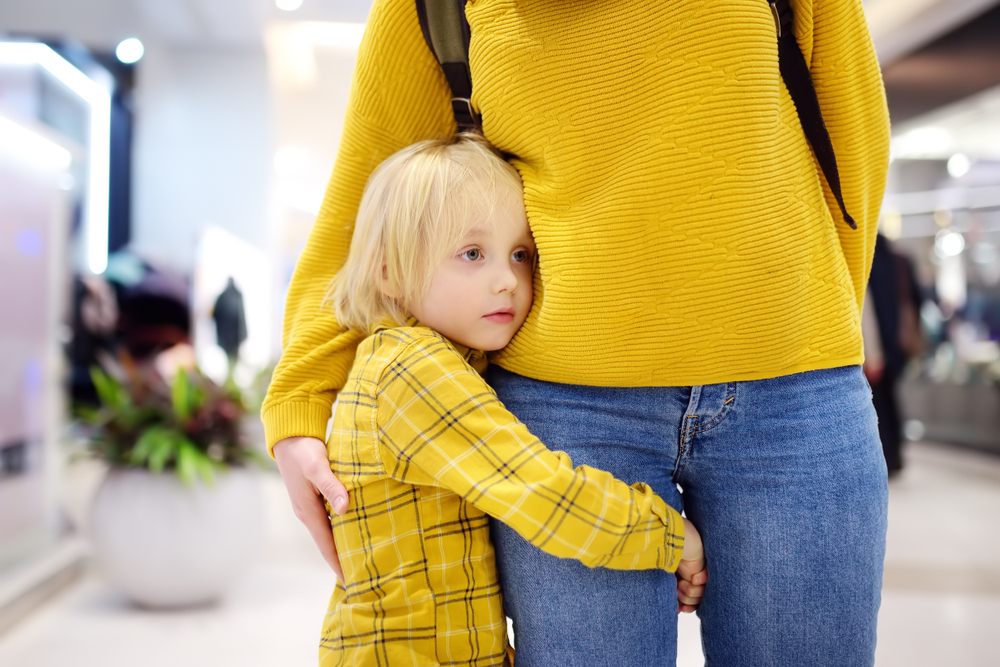
Parents may realize that sending their children off at a new daycare or school is more challenging than expected. Separation anxiety affects not all children, although it is highly usual for youngsters to feel distressed while saying goodbye to their families.
Though it may be distressing for a parent, families should remember that separation anxiety is a normal part of childhood development. Families must understand what causes separation anxiety and select coping skills that work best for their family to support their kids through this developmental period. Read the baby care blog to learn more about them!
What Actually Is Separation Anxiety?
Separation anxiety in children may be induced by various causes. Separation anxiety occurs when children are removed from their main caregivers, whom they trust and feel most at ease at the end of the day. Families may notice this when they go to work, drop their children off at daycare, or just leave the room. Your youngster may become clinging, scream, or throw a tantrum if you attempt to leave.
Separation anxiety may start as early as infancy and extend all the way through preschool, but some kids may never feel it. Separation anxiety will affect children in varying degrees. Some children may feel it when their parents leave them, even if it is merely to move to another room in the home, while others may only experience it when major life changes occur, such as attending a new school.
Separation Anxiety: What To Do?
Seeing your kid cry as you leave may be upsetting for parents, but there are a few things you can do to help your youngster cope with separation anxiety.
- If you know that a major shift in your child’s life is coming up, such as beginning at a new daycare facility, prepare them ahead of time. We encourage families to plan visits before their first day at Educational Play care so that their children may get acquainted with the surroundings and instructors before starting full-time. This contributes to your child’s sense of belonging to a trustworthy community, one of our Core Values.
- Make brief farewell rituals. This might be as easy as a kind farewell word, putting out a book and a blanket for your kid, or developing a special handshake before you leave. Whatever you choose, try to keep your farewell brief and friendly. When it’s time to go, the longer you remain, the more distressed your youngster will be.
- Consistency is key. Once you’ve established a drop-off schedule, try to stick to it every day. This may be difficult at first, but your kid will gradually learn to anticipate it during this time, and the constancy will help reduce your child’s fear.
- Make good on your commitments. Some parents want to let their children relax by knowing when they will return. If you do, be sure to fulfill your commitments to them, as this will help your kid develop trust and confidence in you while you are away.
Parents need to understand that separation anxiety is a natural aspect of young children’s development. If you have any worries about your child’s separation anxiety, speak with their physician, who may provide extra help and resources, or read the baby care blog to learn more about them!
